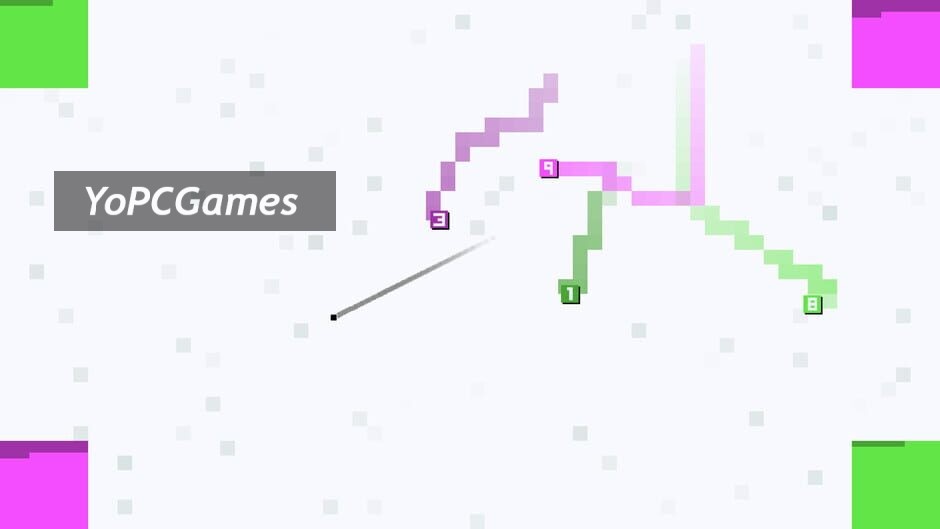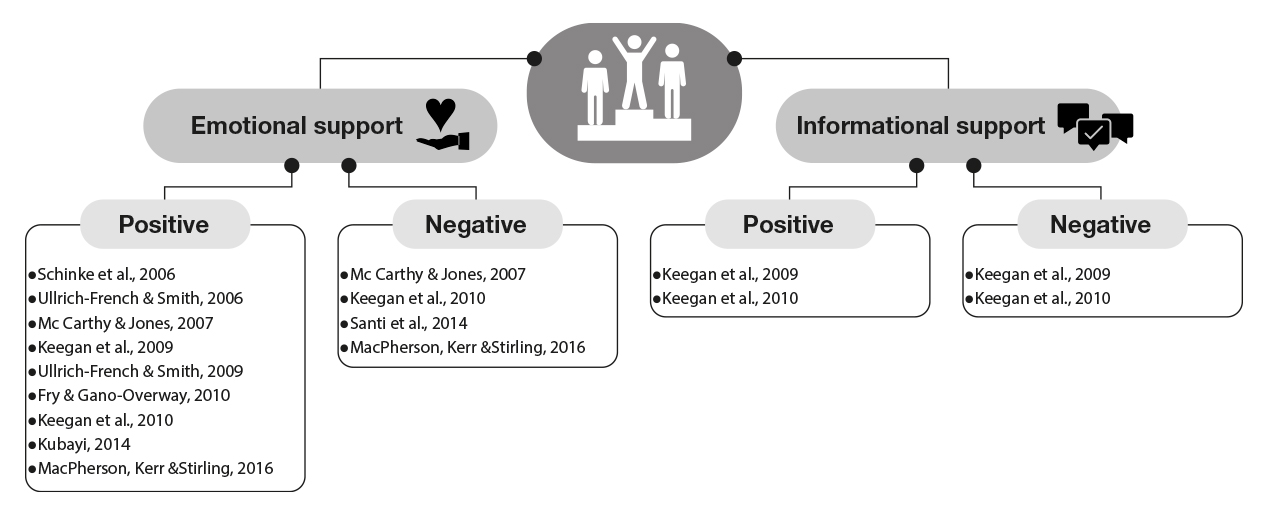

Now, several months later, I am playing regularly with students and friends and friends-of-friends, meeting weekly in a local pub when before I could not even commit to playing a video game with someone on the same server. Every interaction has to be looked up in the index and understood before it can happen. The problem with nondigital games, you see, is there is no microprocessor referee keeping track of the rules for you, responding to each button press so quickly as to trick the mind into seeing real-time reactions. So I bought the beginner cards and played some messy games with my partner, stumbling through imperfect sessions with occasional glances at the rule book. “She ran on my R&D, but I rezzed an Ishi 2.0 and her rig only had a Crypsis with no viruses so she had to jack out.” What does that even mean? But since many of my friends were playing it, curiosity got the better of me.They were all saying these cool, cyberpunk-sounding sentences as they recalled different plays that I wanted to understand. It is, at first glance, precisely the kind of game I can’t tolerate. It’s up there with Magic: The Gathering or Warhammer 40,000 in terms of the number of obtuse rules you need to learn and the seriousness of the people who play it.

#Sportsfriends pc fulprogramlar full
It is a purely competitive card game full of jargon and complex rules. Like many video game critics whose “play” is otherwise the domain of the digital, I have found myself buying booster packs of cards and organizing meet-ups to see my friends in "real" life just to play. Which makes my current fascination with the card game Netrunner quite surprising. The odds are always tipped in the player’s favor. The computer is the antagonist, set up like a fiend from Power Rangers: impressive, but inevitably doomed to failure.

I grew up with single-player video games, the ones typically driven by a story, the ones where the player is always meant to win eventually. With the exception of trying to beat a friend’s high score, playing a game to “master” it and “win” in order for someone else to “lose” has never really appealed to me. Growing up in the nineties,“multiplayer” video games were the ones my friends with Nintendo consoles owned, and we played them when they needed some rookie fodder to destroy in Mario Kart or Super Smash Brothers. Board games always seemed too dependent on luck. I rarely enjoy competitive games, digital or nondigital. “That was a really good game.”Īnd I am utterly sincere. He reaches across the table, steals the card I thought was so well protected, and wins the game. He begins to hack, and he steps over my impenetrable firewall as easy as if he’s ordering a pizza online. It apparently allows him to deactivate an "AP"-type ICE-exactly the kind of ICE protecting my server. He fingers through his cards and chooses a program I’ve never seen before.

First, he "installs" a program card that lets him, just once, look through his pile of unplayed cards and pull out any other program he chooses. I know for a fact he can’t get through this server with his current rig. He has precious few funds left to his name, and I’ve managed to trash some of his most valuable programs.
#Sportsfriends pc fulprogramlar install
But, right now, as I install my most expensive piece of ICE, I am confident. So far, he has managed to walk right past any protection I have placed on my servers, cutting through data barriers and stepping around AI sentries. All the better to hack into my servers and steal my information. On my opponent’s side, the cards are arranged to form his "rig" (computer) into programs, hardware, and resources. They represent, on my side, the central and remote servers of an evil, cyberpunk corporation, full of important information and protected by "ICE" (a variety of William Gibson-esque firewall programs). On the pub bench between us, slightly squished between our pints, are scattered playing cards. It’s clear, though, his knowledge of the intricacies of this game is a league ahead of my own. I don’t know his strategies and I don’t know his cards. I’m playing the card game Netrunner against a stranger, a friend-of-a-friend.


 0 kommentar(er)
0 kommentar(er)
